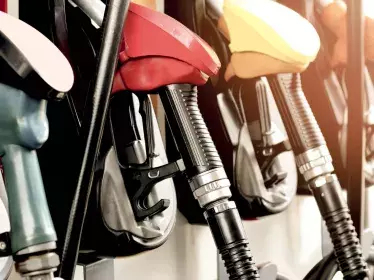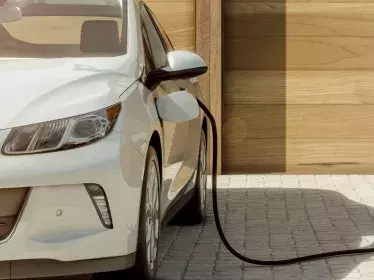If there is one subject that is the favourite of the news media when discussing mobility, it is the impact of personal mobility, and thus of cars, on global warming. And when looking for an illustration for articles on this subject, the media usually choose a photo of a car exhaust pipe dating back to the 1990s spewing out thick fumes. However, such an image now belongs firmly in the past, providing, of course, that vehicles are properly maintained.
As a matter of fact, the motor industry has been working for years to reduce the CO₂ emissions of the vehicles it sells. While not considered to be a directly polluting gas under EU legislation (as it is not toxic), CO₂ is nevertheless held to be a contributor to global warming.
Here are some statistics to illustrate the progress already achieved by the motor industry on this point:
- In 1995, the average amount of CO₂ emissions by new cars sold in Belgium was 186 grams per kilometre.
- Ten years later, in 2005, this average had fallen to 155.6 grams per kilometre.
- By 2015, when electric technology was beginning to make its mark on the market, the average CO₂ emissions by new cars sold in Belgium had fallen to 117.6 grams per kilometre.
- Even better, by the end of 2020, this average figure had fallen to 107.9 grams per kilometre.
Thus, in 25 years, average new car CO₂ emissions had fallen by 42%. This is not only good for the planet – less CO₂ in emissions means they have a reduced effect on global warming – but it is also good for your wallets because CO₂ emissions are directly linked to car fuel consumption. So cars that consume less fuel also produce less CO₂.






